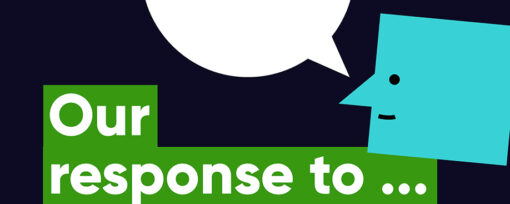News and blogs
For 1.9 million children in the UK, learning to talk and understand words feels like and impossible hurdle. Read our news and blogs to find out more about how we help to ensure these children get the support they need!
Filter results...
-

Speech and Language UK responds to DfE statistics released today ...
Read more
-

Former The Apprentice contestant, Richard Woods, set to run the London ...
Read more
-

The Meath School community gets knitting as part of the UNICEF Silver ...
Read more
-

Selston mum helping to paint a brighter future for the pupils of Dawn ...
Read more
-

Speech and Language UK launches manifesto for the next general ...
Read more
-

Your experience matters: Take part in our new family and young people ...
Read more
-

We’ve launched our first Crowdfunder!
Donate and help change young lives.
Read more
-

Our response to Ofsted report ‘Telling the story: the English ...
Read more
-

Speech and Language UK response to Spring Statement
Read more
